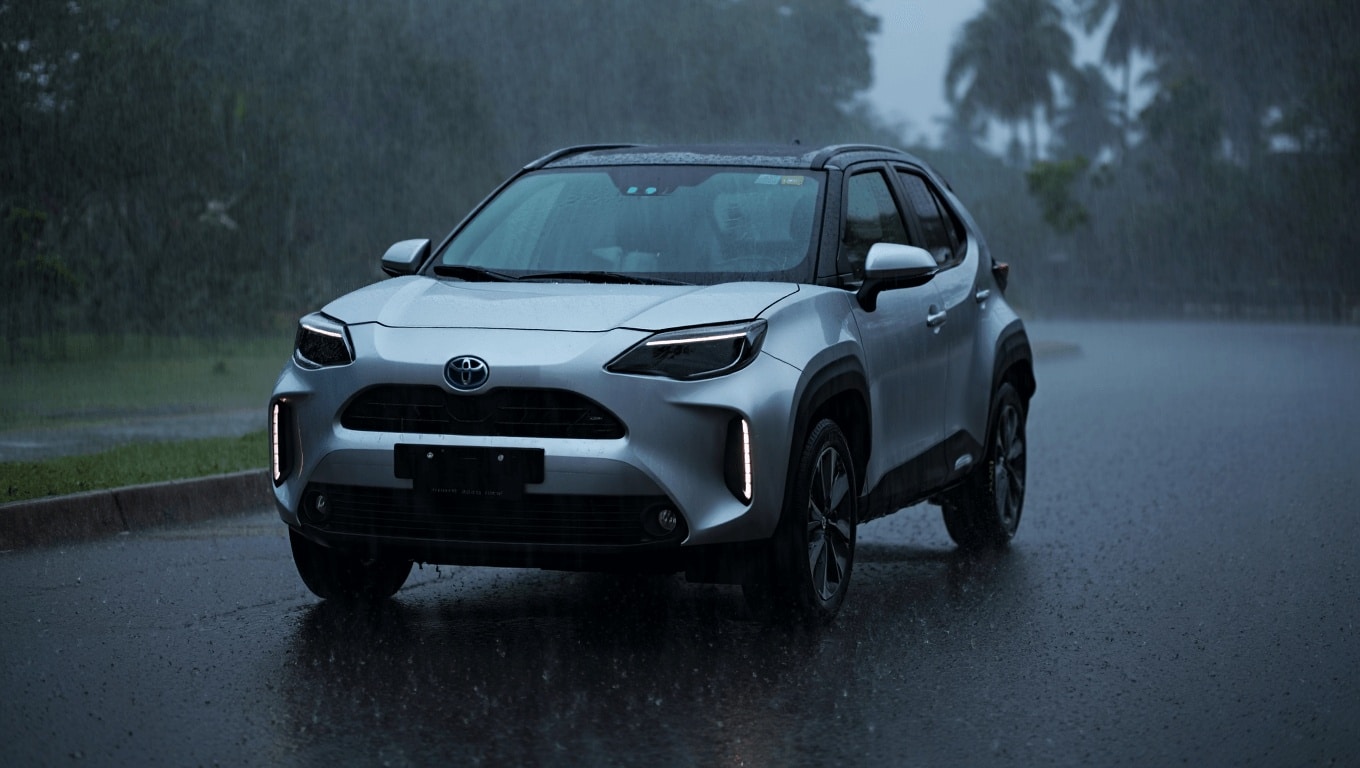The Toyota Yaris Cross, set to redefine compact SUVs in Argentina, has faced a setback in its release schedule due to an unexpected storm in Brazil. Originally slated for a November 2025 debut, this new addition to Toyota’s lineup now moves its launch to an unspecified date in 2026. This delay represents a significant shift in Toyota’s plans to strengthen its foothold in Argentina’s aggressively competitive SUV market.
Impact of the Brazilian Storm on Toyota’s Operations
Korean Netflix Has 200+ Shows US Version Doesn’t Stream
Netflix reveals economics behind 3-season cancellations as viewership metrics drop
A severe storm on September 22, 2025, struck Toyota’s Brazilian facility in Porto Feliz, causing substantial damage and halting engine production. This incident not only impacted the immediate supply chain but also postponed the production of the Yaris Cross indefinitely. Despite efforts to resume operations by November 3, 2025, for hybrid engines used in other models, the Yaris Cross’s launch has been inevitably pushed to 2026, disrupting Toyota Argentina’s strategic planning for the year-end sales boost.
Design and Features of the Yaris Cross
The Yaris Cross, a B-SUV, is designed to offer a blend of compact convenience and SUV robustness, with dimensions that promise ample space and comfort. The vehicle measures 4.31 meters in length and offers a boot capacity of nearly 471 liters, making it one of the most spacious in its category. Toyota plans to introduce multiple engine configurations, including both combustion and hybrid options, ensuring a balance between efficiency and performance.
Interior and Technology
YouTube Premium Originals Nobody Talks About Are Award-Winning
Download Everything During Free Trials – The Viewer’s Guide
Despite being an entry-level model, the Yaris Cross does not compromise on technology. The higher-spec versions will include advanced connectivity features like a multimedia touchscreen compatible with Android Auto and Apple CarPlay, parking sensors, and stability control. However, Toyota has yet to confirm the full range of features and pricing for the Argentine market.
Competitive Landscape in the Argentine B-SUV Market
The B-SUV segment is fiercely competitive, featuring key players such as Volkswagen T-Cross and Chevrolet Tracker. In response, Toyota aims to position the Yaris Cross as a cost-effective yet reliable entry into the SUV category. With an anticipated recovery in the automotive market by 2025, Toyota projects to sell around 650,000 units, leveraging models like the Yaris Cross to broaden its consumer base in Argentina.
Pricing Strategy Against Competitors
- Volkswagen T-Cross: priced between $42,544,150 and $54,749,150
- Chevrolet Tracker: priced between $33,681,900 and $42,390,900
- Nissan Kicks Play: priced between $31,589,200 and $41,300,100
- Renault Duster: priced between $35,950,000 and $41,090,000
- Volkswagen Nivus: priced between $36,500,000 and $45,278,300
- Peugeot 2008: priced between $40,170,000 and $48,190,000
- VW Tera Trend MSI MT: starting at $32,323,650
Toyota’s strategic pricing aims to make the Yaris Cross a competitive option, aligning closely with market leaders like the T-Cross and Tracker.
Production and Export Dynamics
While Toyota’s Zárate plant will continue focusing on Hilux and SUV SW4, the Yaris Cross will be imported from Brazil, maintaining a high level of regional integration. Toyota’s commitment to a greener future remains strong, with plans to expand its hybrid lineup as part of its gradual transition to less polluting technologies.
Brand Perspective and Market Anticipation
Despite the setback in Brazil, Toyota remains committed to launching the Yaris Cross as a key component of its regional strategy. The model aims to capture significant market share by offering an ideal blend of size, affordability, and features. Toyota assures that it will announce a new launch date once production stabilizes in Brazil, ensuring a steady supply for the entire region.

Daniel Harris is a specialist journalist focused on the crossroads of breaking news, extraordinary history, and enduring legends. With a background in historical research and storytelling, he blends timely reporting with timeless narratives, making complex events and ancient myths resonate with today’s readers. Daniel’s work often uncovers surprising links between present-day headlines and legendary tales, offering unique perspectives that captivate diverse audiences. Beyond reporting, he is passionate about preserving oral traditions and exploring how extraordinary stories continue to shape culture and identity.

